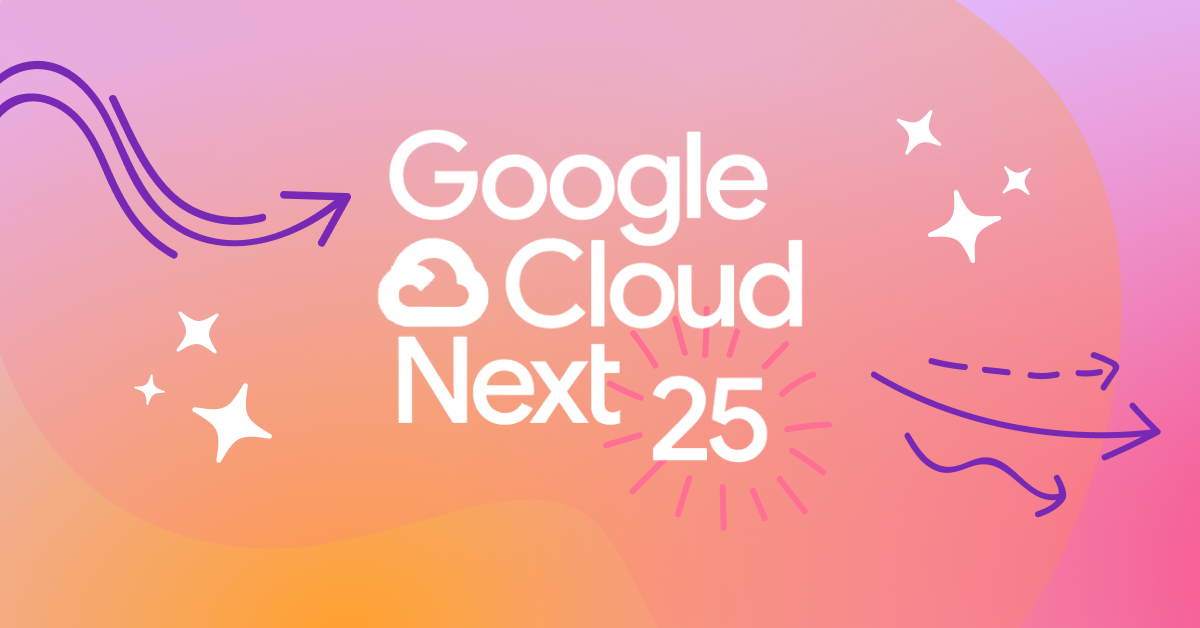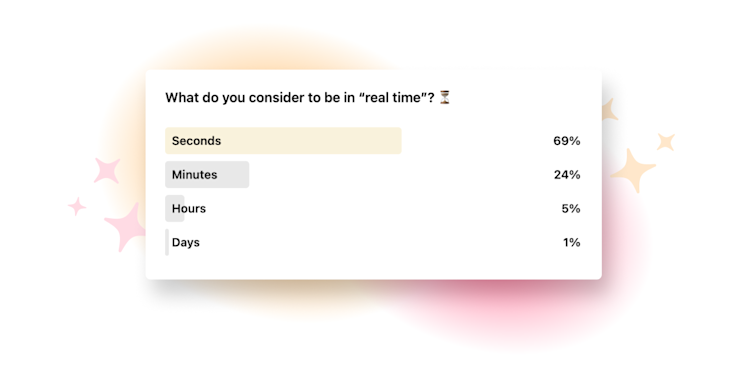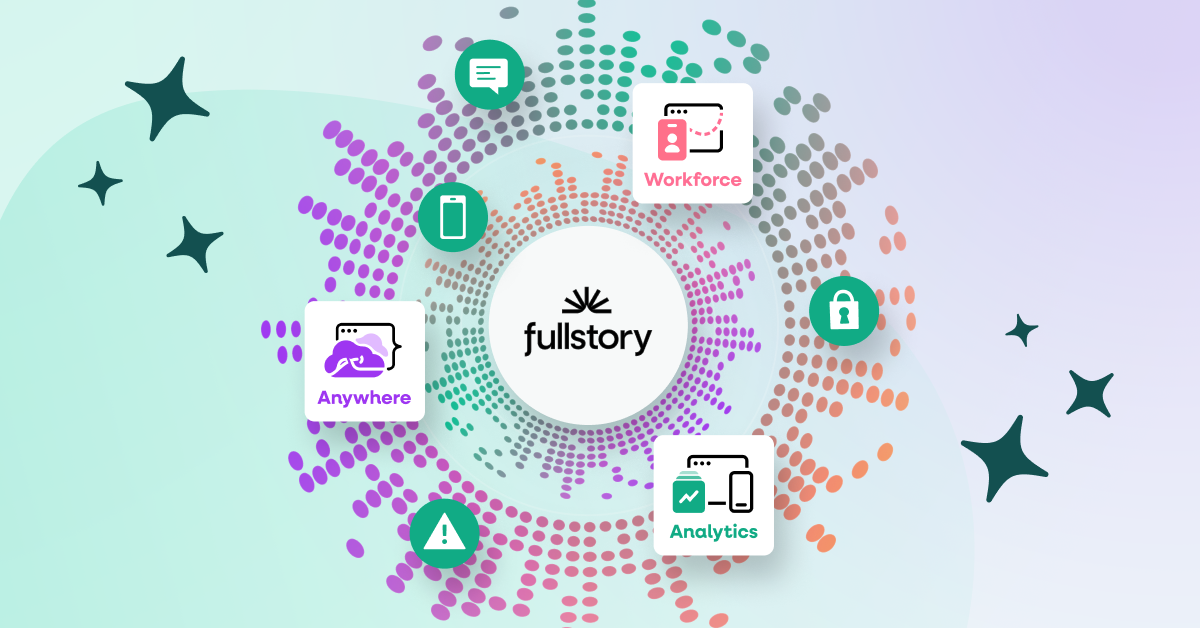I went to Google Cloud Next 2025 and came back with sore feet, a suitcase full of stickers, and a head swirling with announcements.
There were 35,000 people at this year’s event, and Google made sure every one of them left knowing one thing: AI is f*cking here. Across keynotes and breakouts, more than 500 customers shared how they are putting AI to work in real products, workflows, and experiences.
More than the volume of announcements, what stood out was the tone. Less smoke, more fire. Google and its partners showed how AI, infrastructure, and cloud ecosystems are finally starting to click.
Most hyped topic (no surprises here)
Agentic AI was everywhere. Google and its partners rolled out marketplaces, frameworks, and new ideas for how agents could quietly handle workflows across systems. The concept is not new. Chatbots, virtual assistants, and automation platforms promised similar shifts. What feels different now is the infrastructure. Pieces are lining up, but there is still a long way to go before agents reliably improve day-to-day work without adding complexity.
I noticed there was less talk about replacing humans, more about reducing friction. If agentic AI sticks this time, it will be because it quietly supports better experiences.
Best demo
Veo 2, Google’s new video generation model, got the cinematic treatment. They used it to recreate The Wizard of Oz in full 16K across The Sphere’s wraparound screen. It was stunning. The quality, the coherence, the fact that it was stitched together from a few prompts—it was one of the rare moments where the hype matched the execution. But once the awe wore off, so did some of the clarity around use cases.
Best session
One of the strongest moments of the week came during the lightning talks featuring real-world AI adoption stories.
The standout was Globe Telecom and Banesco USA. Francis Pugeda from Globe shared that 84 percent of their users reported saving three to four hours a week with Gemini AI built into their workflows. Over 97 percent said they found real value in having it there.
Other sessions from Ocado Retail, Rentokil Initial, Avery Dennison, and Mercer International pointed to the same theme: speeding up manual tasks, making small optimizations, and helping teams focus where it matters most.
Nothing flashy. Just targeted improvements at scale. Which, honestly, is what real progress looks like.
Honorable mention: One thread ran quietly through a lot of the sessions: a renewed focus on the human side of all this change. Even as companies rolled out AI-driven improvements, the most effective stories centered on how teams were combining machine efficiency with human judgment, creativity, and care.
Most under-the-radar
Tucked into a few sessions—but not getting nearly enough attention—was Gemini’s quiet move into BigQuery. You can now ask natural language questions directly in the interface, and Gemini will interpret and run the query for you.
This was not the flashiest announcement, but it might be one of the most practical. Giving more people the ability to explore data without needing SQL is a big deal, especially for teams that want fast answers.
Making data more accessible is still one of the biggest barriers to smarter decisions. This feels like a step that could actually move the needle.
Trend that won’t die
Real-time everything was a recurring theme. But even as the industry leans into speed, “real time” remains frustratingly undefined. In Rethinking real-time data, Fullstory’s own Lane Greer explores this ambiguity.
We also ran a quick social poll, and while most respondents said they expect “real time” to mean seconds, the actual range of answers told a different story. One commenter captured the problem: “Some of the people we work with consider it computationally expensive to be real time. Our data analysis team says three days is acceptable. As a marketer, I do not agree.”
Speed is only helpful when teams are aligned on what fast really means—and when they are working with signals that matter. Otherwise, all the speed in the world just gets you to the wrong answer faster.
One to watch
All roads lead to agentic AI. The Agent Marketplace was one of the more forward-looking announcements, offering a way to deploy task-specific agents inside existing workflows. The concept is strong—more modular than traditional automation, more flexible than end-to-end systems.
Still, much of what we saw felt early. The marketplace is live, but many agents were hypothetical or lightly scoped. Turning the idea into real impact will take more than a polished UI.
(Just because) Best swag
There were tote bags, socks, and notebooks that will never be used. But the standout was the Max Verstappen Funko Pop from the Oracle booth.
For those that don’t follow F1, Oracle sponsors Red Bull Racing. The line for their virtual driving experience stayed long all week. I didn’t do a lap, but I did walk away with Max.
Disclaimer: I’m team McLaren all the way. My partner and I have already joked about turning Max into a dog toy (Sorry, Max).
An honorable mention is Dialpad. Not only did their booth include a puppy play area, but you could also get a custom tag made for your pup back at home.
(Image courtesy of Fullstory CMO, Lindsay Bayuk, who promptly shared to the entire Marketing team)
The signal in the noise
Google Next had the usual flash. Big screens, big ideas, big promises. But under all that noise, something quieter was taking shape. The conversation is finally shifting from "more, faster, bigger" to "what actually works." It is not just about chasing AI headlines anymore. It is about fixing real problems, helping teams move faster without breaking things, and building systems that reflect how people actually behave.
If you skipped the trip, you probably saved your knees and your budget. But for once, the buzz was pointing somewhere real. The future isn’t an AI hellscape. It's still human, just a little smarter—hopefully.







